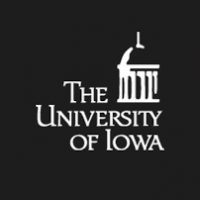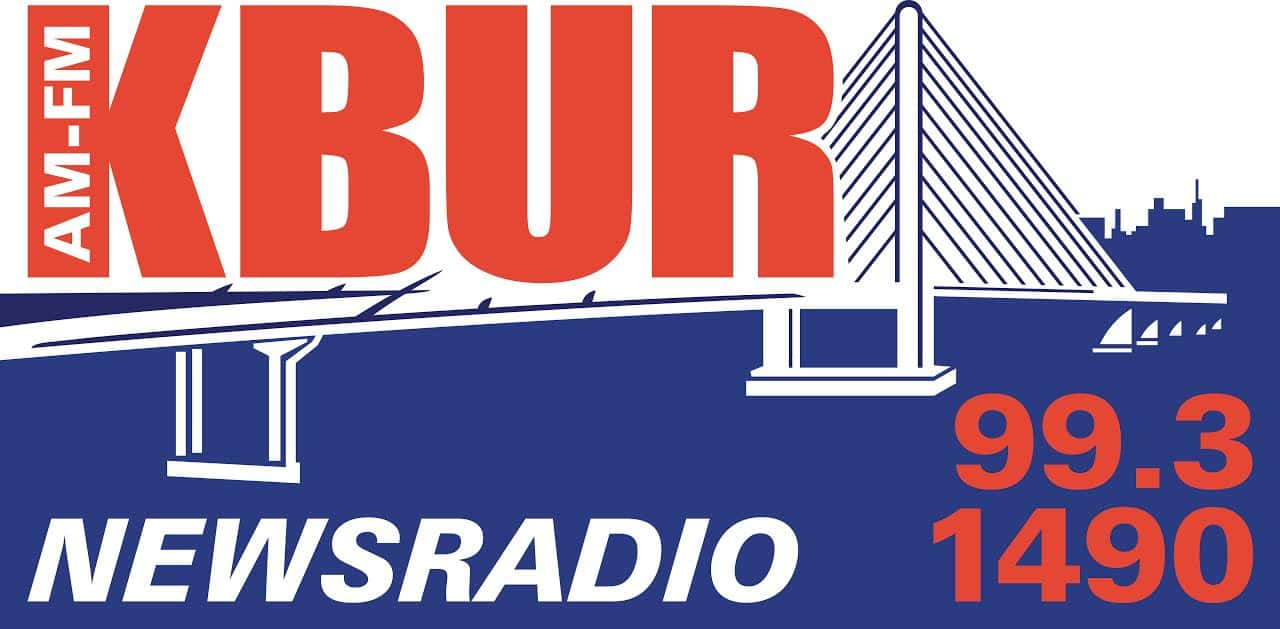
IOWA CITY, Iowa (AP) — The University of Iowa advanced a multibillion-dollar plan Tuesday to lease its utility system to a for-profit operator for 50 years in exchange for a large upfront payment that would be used to support its strategic goals.
University President Bruce Harreld detailed the plan during a special informational meeting of the Iowa Board of Regents, which is expected to consider approving the selection of the operator next week.
The plan would turn over the operation of several plants that provide power, steam and water to the UI campus to a newly-formed company that is a collaboration of two energy and investment firms.
Harreld didn’t identify them but said they were “leaders in the field” that emerged from a monthslong, closely guarded competitive bidding process.
It would be the first public-private utilities partnership of this scale in Iowa and at the forefront of what Harreld called a coming trend in government and higher education.
Harreld didn’t release the size of the upfront payment UI would receive under the deal. But he said that it would go into an endowment that would need to generate $3 billion over 50 years for the plan to work. He said the funding would reach that level if the endowment earned a conservative 4 percent annual return — which is about half of what university funds typically earn.
The endowment would generate about $15 million annually — or $735 million over the 50-year lease — to support strategic goals like improving its retention and graduation rates and increasing its research, Harreld said. Those funds would be awarded in the form of grants to campus applicants.
Harreld said the university desperately needed that money amid a long-term decline in its national rankings. He said the university needs to retain more students after their first year and graduate a higher percentage of them within four in order to improve its competitive standing.
“The problem we have is we are on a glide path to mediocrity,” he said.
But the bulk of the funding from the endowment, more than $2.2 billion, would be used to subsidize energy costs so that campus utilities users, such as the university hospital, residence halls, and athletics departments, are not impacted by projected price increases, according to a slide shown to regents. By 2069, the endowment would need to cover a projected $109 million annually in such subsidies.
The company would get a $35 million fixed payment annually from the university that would over time rise to $67.4 million. In addition, the university would pay the company for operating and maintenance costs and for needed upgrades to the system. The operator would also likely receive significant federal tax benefits by partnering with a nonprofit.
In 2022, the company would be projected to receive $60.3 million from the university. The university’s overall utility costs would rise that year to $106 million from roughly $100 million this year — with the increase offset by millions in subsidies from the endowment.
More than 120 university employees that work in the utility system would be allowed to keep their jobs, Harreld said, either with the new operator or elsewhere at UI. He said the deal would also allow the university to keep, and perhaps speed up, its pledge to eliminate the use of coal at its power plant by 2025.
Regents peppered Harreld with questions about some of the details but seemed supportive of the overall concept.
Even if the endowment fund was depleted in 50 years, Regent David Barker said that would not be a “catastrophic outcome” because the university will still own the plants and could enter into a new leasing arrangement.
Key to the success of the plan will be not overspending the endowment based on unrealistic expectations, Harreld said.
“If we get through the first seven or eight years of this thing, we’re going to be in really good shape,” he said. “If we don’t, we won’t be.”






